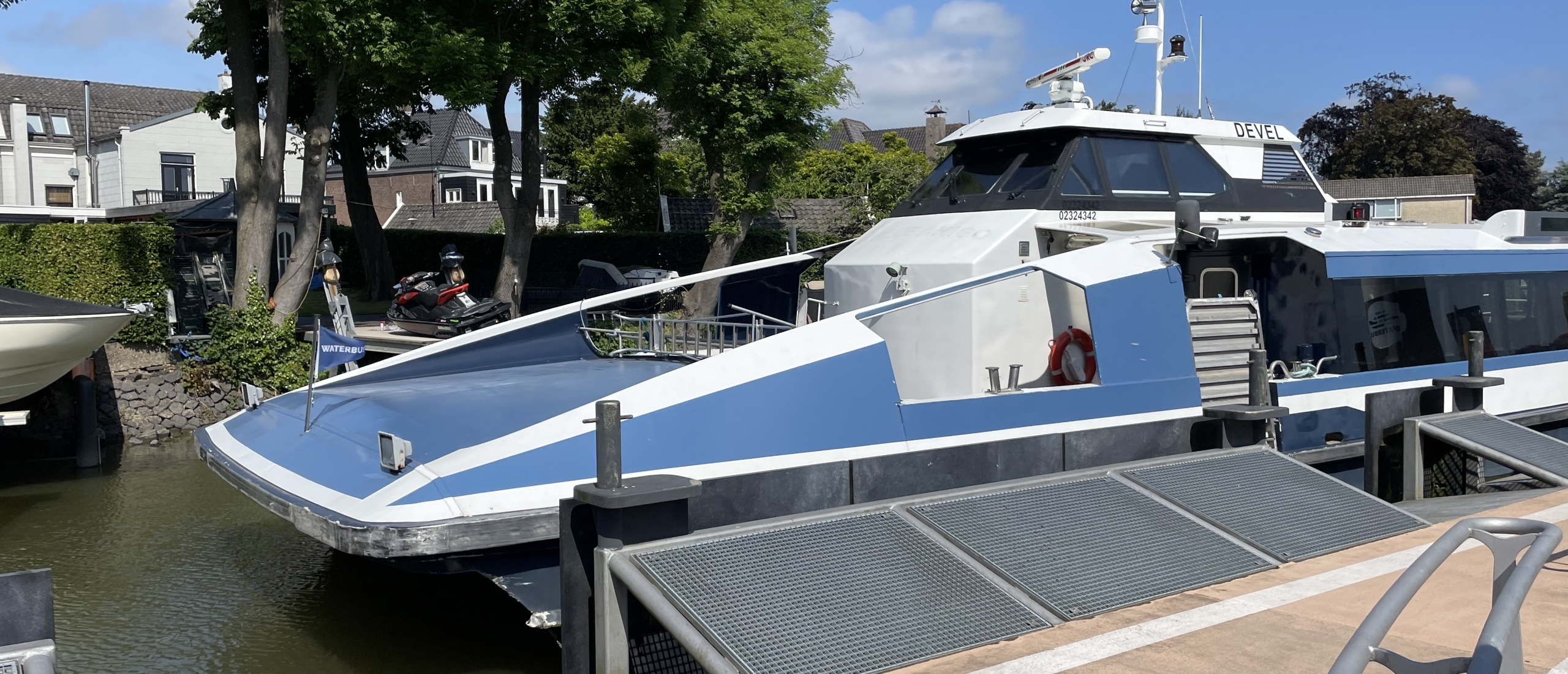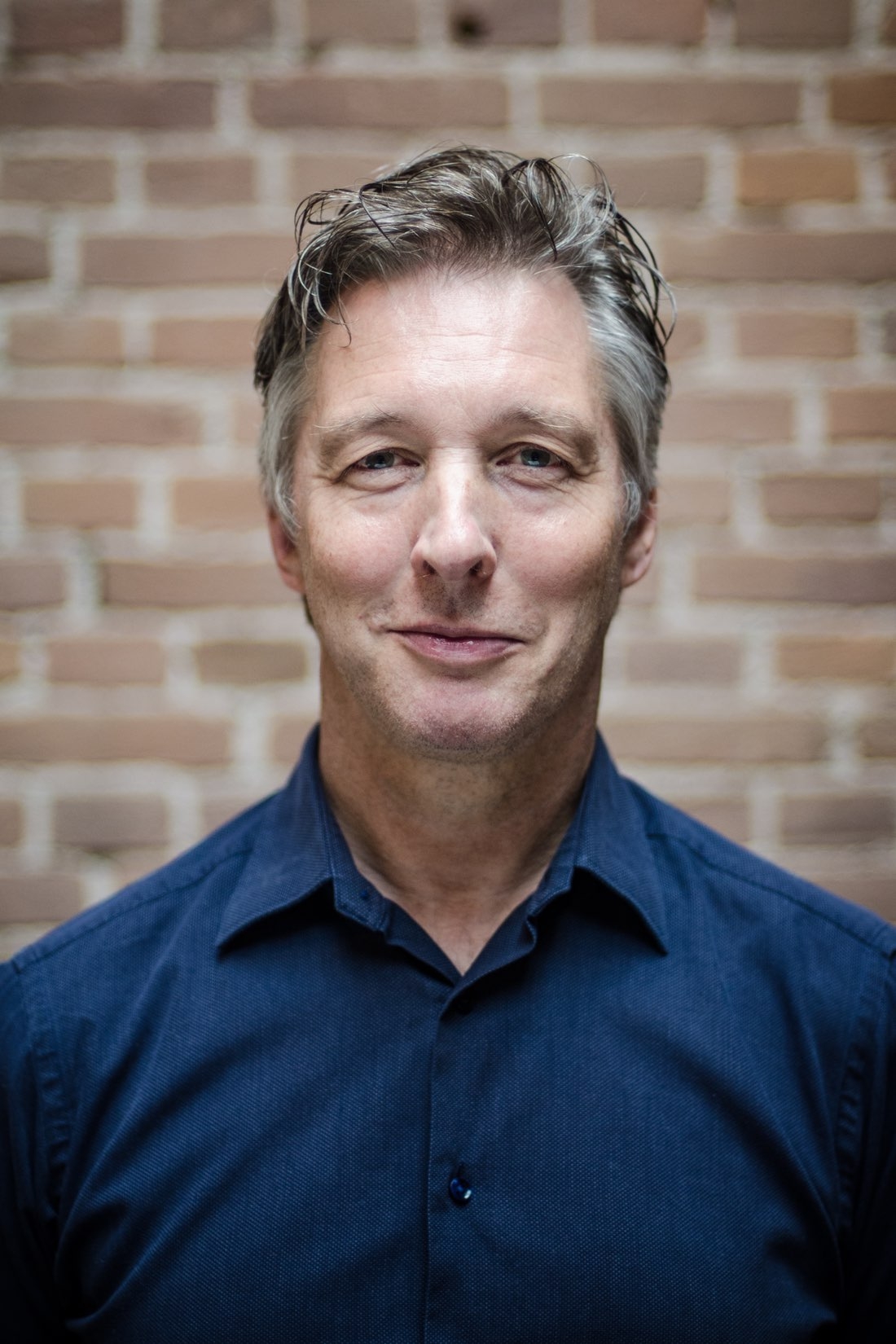
Feasibility study transport over water hub
On behalf of Ridderkerk municipality, BLOC is conducting a feasibility study on a Waterbus stop for the Bolnes district.
Read moreBLOC is conducting a feasibility study for a second waterbus stop in Ridderkerk, in the growing district of Bolnes. The Noord district faces the challenge of improving its accessibility amid population growth and infrastructure maintenance works. A new waterbus stop could make a vital contribution to the region’s mobility network. BLOC is investigating the nautical, urban planning and financial feasibility of such a stop through comprehensive analyses of current and future transport needs, integration within existing timetables and nautical and financial studies. The outcome of these studies will determine whether an additional stop is not only desirable but also feasible in the effort to keep Bolnes attractive and accessible.
An additional stop to open up Bolnes
Bolnes is a growing neighbourhood with a village character, located on the Noord between Rotterdam-IJsselmonde and the other cores of Ridderkerk. The municipality of Ridderkerk aims for a mixed neighbourhood with a mix of living, working and recreation. Due to future housing projects, resulting in population growth and large-scale maintenance tasks of roads, bridges and tunnels, access to Bolnes is becoming more and more of an issue. A Waterbus stop could therefore be a possible solution.
Within the wider region, the Waterbus system has been operating for years as a versatile mobility solution for the area’s accessibility. Ridderkerk also has a connection to the Waterbus network at the Three Rivers point of residential area de Schans. Here, both Waterbus and the Driehoeksveer to Krimpen aan de Lek and Kinderdijk moor. A mobility study was recently commissioned by the municipalities of Ridderkerk and Molenlanden. The study focused on ferries and waterborne passenger transport and discussed the possibility of a second waterbus location in Bolnes and presented it as a realistic option in various scenarios. To remain attractive and accessible as a residential area in the future, an additional water bus stop could be of great added value.
Working method BLOC
To assess the feasibility of a new waterbus stop in Bolnes, several analyses are carried out. First, a feasibility analysis takes place that looks at potential user numbers, integration within the current timetable, nautical and technical requirements for equipment, and operating possibilities. In addition, the surroundings of the proposed location are examined for urban planning, nautical, and accessibility aspects, with a special focus on alternatives within Bolnes itself.
It then analyses the wider context, including recent developments in water transport and mobility that may affect the new stop. A stakeholder analysis helps determine which local, regional, and national bodies can contribute to the development and financing of the stop. This includes looking at co-financing opportunities that fit with existing policies. This comprehensive approach ensures that the decision to realise the water bus stop is well-founded with a view of both current and future transport needs.
Need a vision or study related to Passenger Water Transport? Contact Fred!

Fred Witte
- fred@bloc.nl
- +31 6 16 21 67 79
